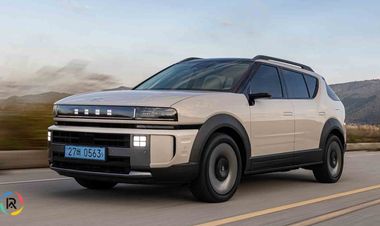Mumbai- Tata Power EV Charging Solutions Limited (TPEVCSL) and Indian Oil Corporation Limited (IOCL)., have entered into a Memorandum of Understanding (MoU) to deploy fast and ultra-fast electric vehicle (EV) charging points throughout India. Under this partnership, Tata Power will install over 500 EV charging points at various IOCL retail outlets in major cities and along key highways. The initiative aims to establish a reliable intercity charging network, easing range concerns for EV owners traveling between cities.
The EV charging points will be strategically located in cities like Mumbai, Delhi, Kolkata, Bengaluru, Ahmedabad, Pune, and Kochi, as well as along major highways such as the Mumbai-Pune Expressway and the Golden Quadrilateral. The collaboration is part of a broader effort to contribute to the development of a robust EV charging infrastructure in the country.
Virendra Goyal, Head of Business Development-EV Charging at Tata Power, said that "Our partnership with IOCL is a strategic move towards establishing a robust EV charging network in the country. Leveraging IOCL's extensive presence, Tata Power will set up fast and superfast charging points in multiple regions, contributing to accessibility and inclusivity for a sustainable electric mobility future"
To enhance the EV user experience, Tata Power will utilize the 'Tata Power EZ Charge' app, while IOCL will provide the 'IndianOil e-Charge' mobile app, allowing users to locate and book chargers conveniently.
Representing IOCL, Saumitra Shrivastava, Executive Director (Retail-N&E), said that, IOCL envisages to provide 10,000 EV Charging Stations by 2024 transforming retail network to complete energy solutions outlets. With more than 6,000 EV charging stations at present, the company plans to keep expanding its reach. Our strategic partnership with Tata Power is poised to play a pivotal role in responding to this transformative shift. We at IOCL are geared up to overcome challenges and capitalize on opportunities in this area, ensuring a seamless transition towards a more sustainable and eco-friendly mobility paradigm







